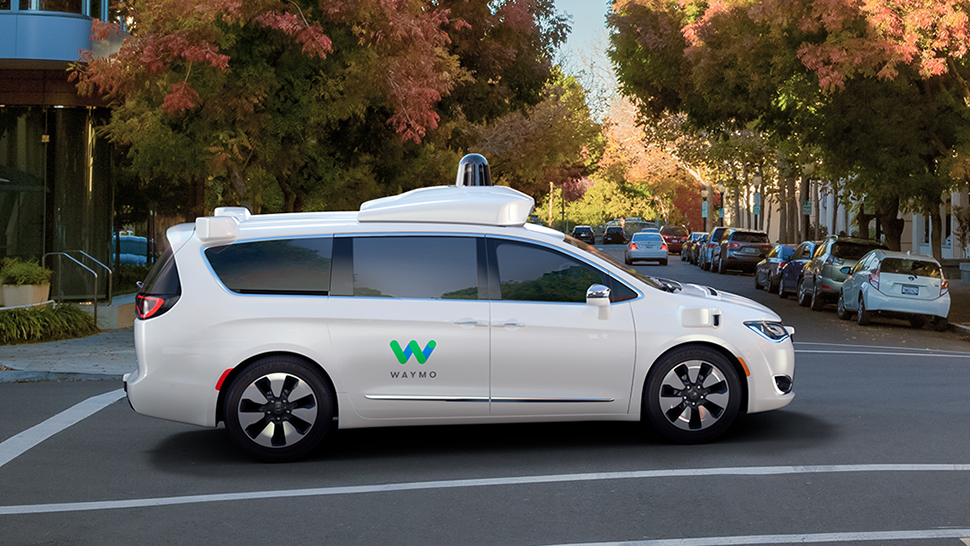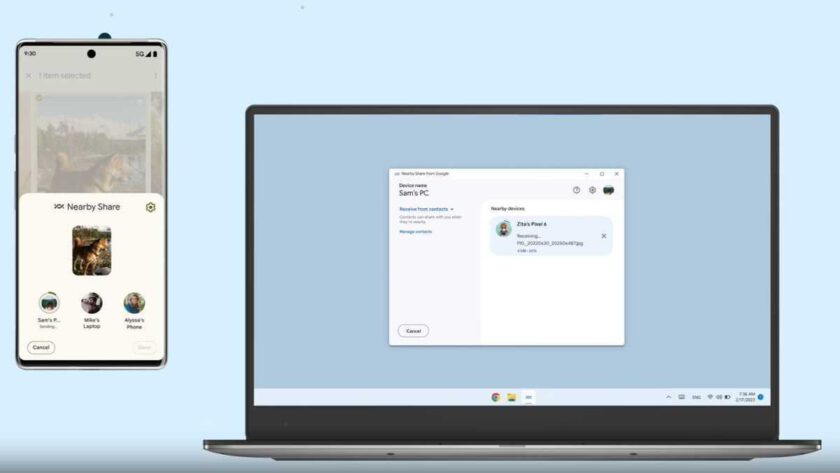Waymo, the autonomous vehicle division of Alphabet, Google’s parent company, reached an important milestone recently: since mid-October, the company has been operating its autonomous minivans on public roads in Arizona without a safety driver — or any human at all — behind the wheel. And starting very soon, the company plans to invite regular people for rides in these fully self-driving vehicles.
The news that Waymo’s vehicles have been on public roads with no human in the driver’s seat was announced today by the company’s CEO John Krafcik at a tech conference in Lisbon. The announcement comes on the heels of Waymo’s decision to invite a group of reporters to visit Castle, a 91-acre facility in California’s Central Valley that it has been using as a training course for its self-driving vehicles. At the time, Krafcik declined to provide an exact timetable as to when it would begin testing fully self-driving vehicles on public roads. Little did we know at the time, they were already doing it.
“Fully self-driving cars are here,” Krafcik said, according to a copy of his speech provided by Waymo.
There are some caveats, of course. A Waymo employee will remain in the vehicle for now. But instead of being in the front seat, that employee will likely sit behind the driver’s seat. (Waymo says that won’t always be the case, though.) The cars won’t have free rein over Arizona’s roads. They’ll be geofenced within a 100-square-mile area of the town of Chandler, a suburb of Phoenix — though Waymo says it plans to expand to areas beyond that as its cars collect more data and conduct more trips. And the cars won’t be available to just anyone who wants to go for a ride. Members of Waymo’s Early Rider program, which has been in operation in Chandler since last April, will be the first to experience the new technology.
But it most certainly signals a growing level of confidence by Waymo, and, by extension, Alphabet, in the technology developed by its engineers over the last eight years. It represents a raising of the stakes for the rest of the industry that sees full, Level 4 autonomy, in which a vehicle is capable of driving itself, with no human behind the wheel, in most environments and road conditions, as the ultimate goal.
In the year since it spun off from Google, Waymo has moved aggressively to test its cars on public roads. The company has certainly been testing self-driving cars on public roads longer than the broader tech and auto industries, and it has access to Google’s machine engineering talent, making it a formidable competitor to companies with decades of car-building experience.
READ MORE>> On TheVerge.com




